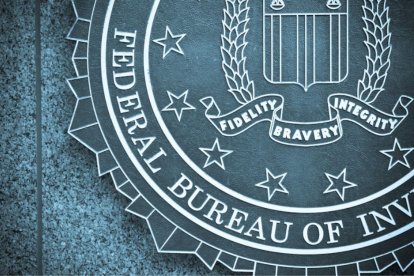Internal FBI report links most extremist movements to "Radical-Traditionalist Catholic Ideology"
The document, labeled for "internal use only," was prepared with data from agencies that the FBI itself does not consider reliable.

Dave Newman/ Flickr
The FBI recently released a report claiming that violent extremists, whether racially or ethnically motivated, have an affinity for "Radical-Traditionalist Catholic Ideology," an FBI whistleblower told The Daily Signal:
The document, labeled for "FBI internal use only," states that violent extremists feel more in tune with traditional Catholic ideology and prefer the Traditional Latin Mass, as well as pre-Vatican II traditions:
Report based on an organization that is not approved by the FBI
The report was leaked by Kyle Seraphin, a former special agent with the agency for six years who was suspended without pay in June 2022. He was the one who unveiled the controversial document to
UncoverDC.com. As reported by The Daily Signal, it is based on a report by the Southern Poverty Law Center (SPLC) and several articles published in The Atlantic and Salon.
Seraphin revealed to The Daily Signal that the document was released by FBI headquarters in Richmond, Va. Moreover, he asserted, the FBI does not consider the documents it receives from the SPLC to be reliable: "We got briefings that SPLC was not legitimate when I was at Quantico."
The Daily Signal also spoke with George Hill, the bureau's former supervisory intelligence analyst, who told the media outlet that the report is "poorly sourced from sources who use unsubstantiated data to draw their own conclusions and not in compliance with FBI publication guidelines."
RECOMMENDATION





















